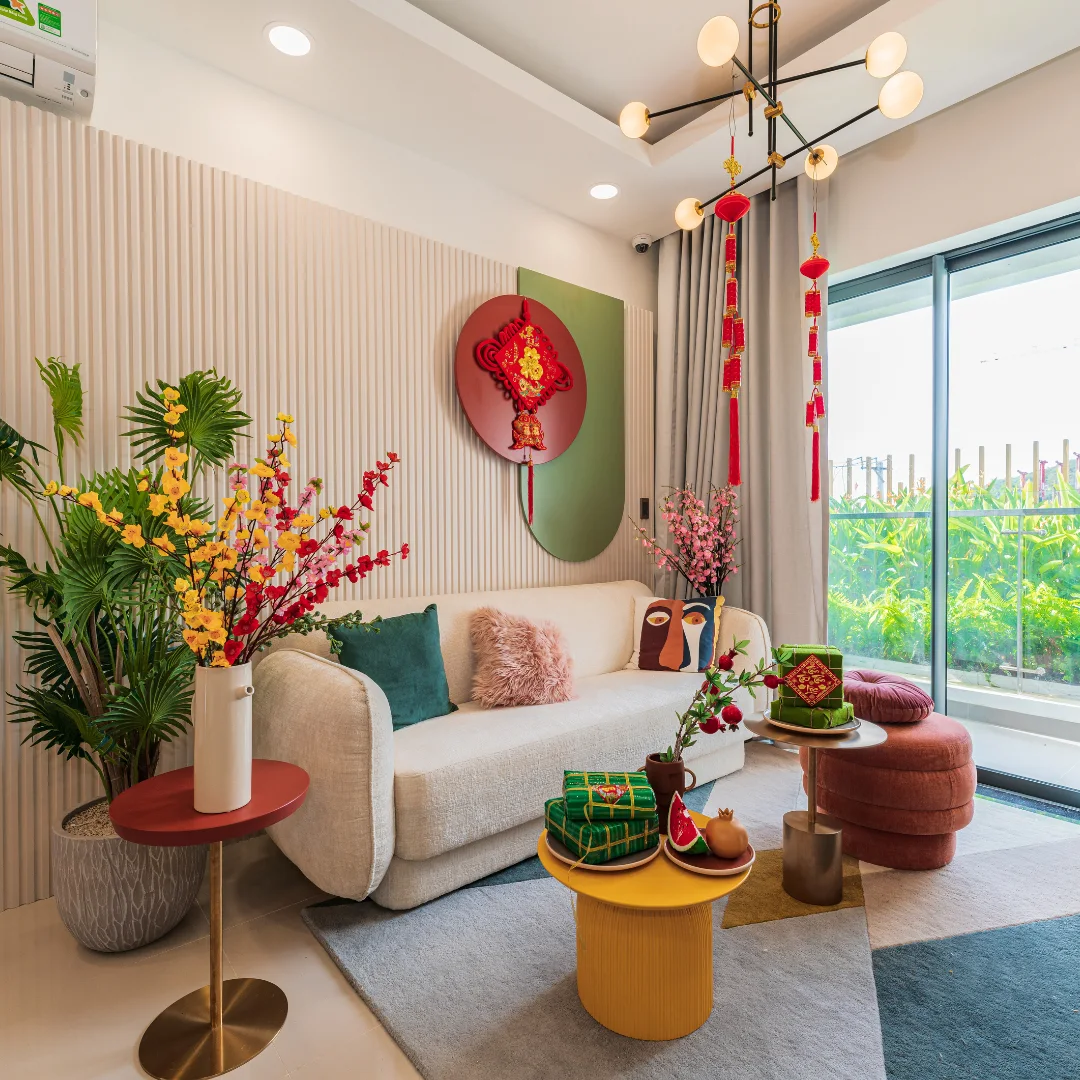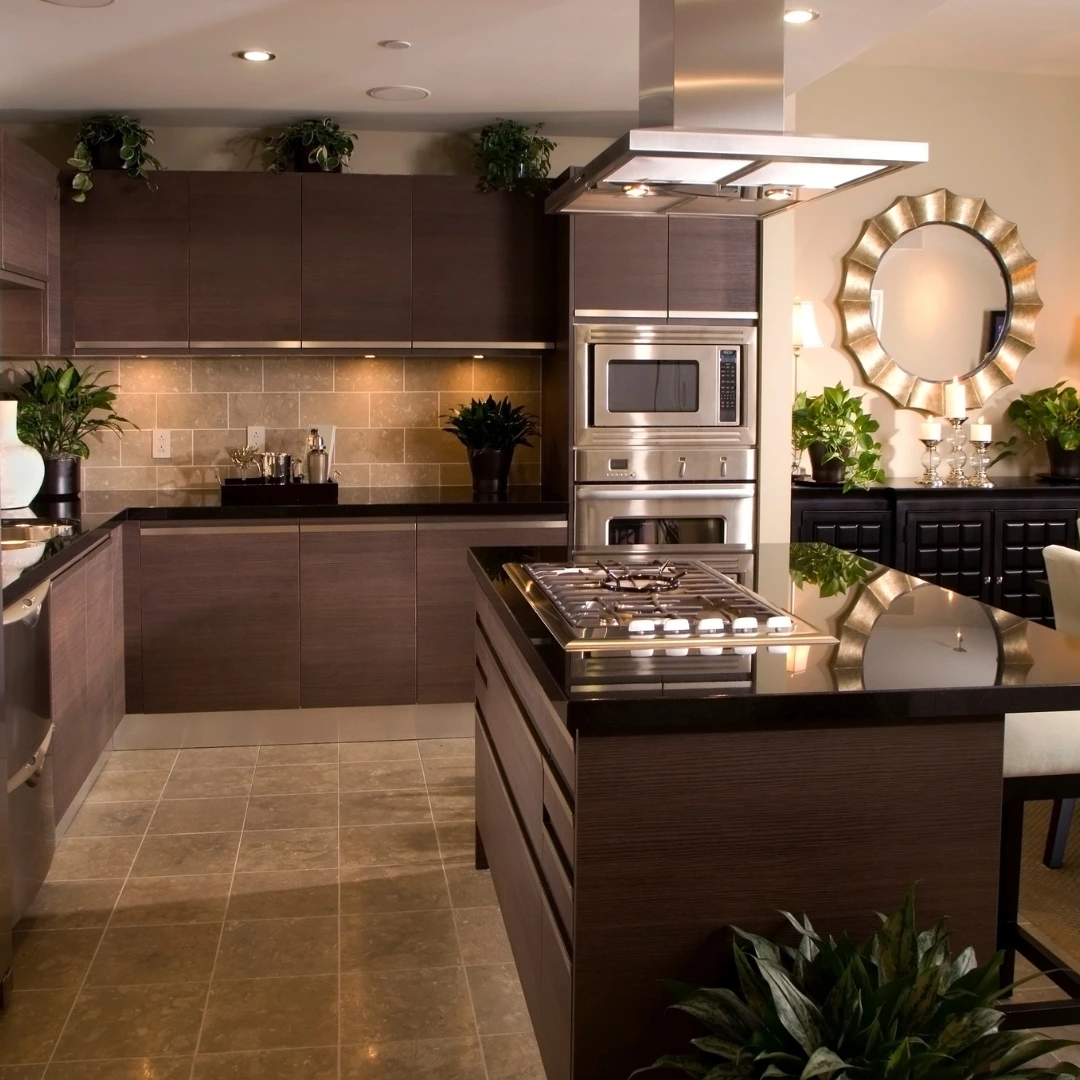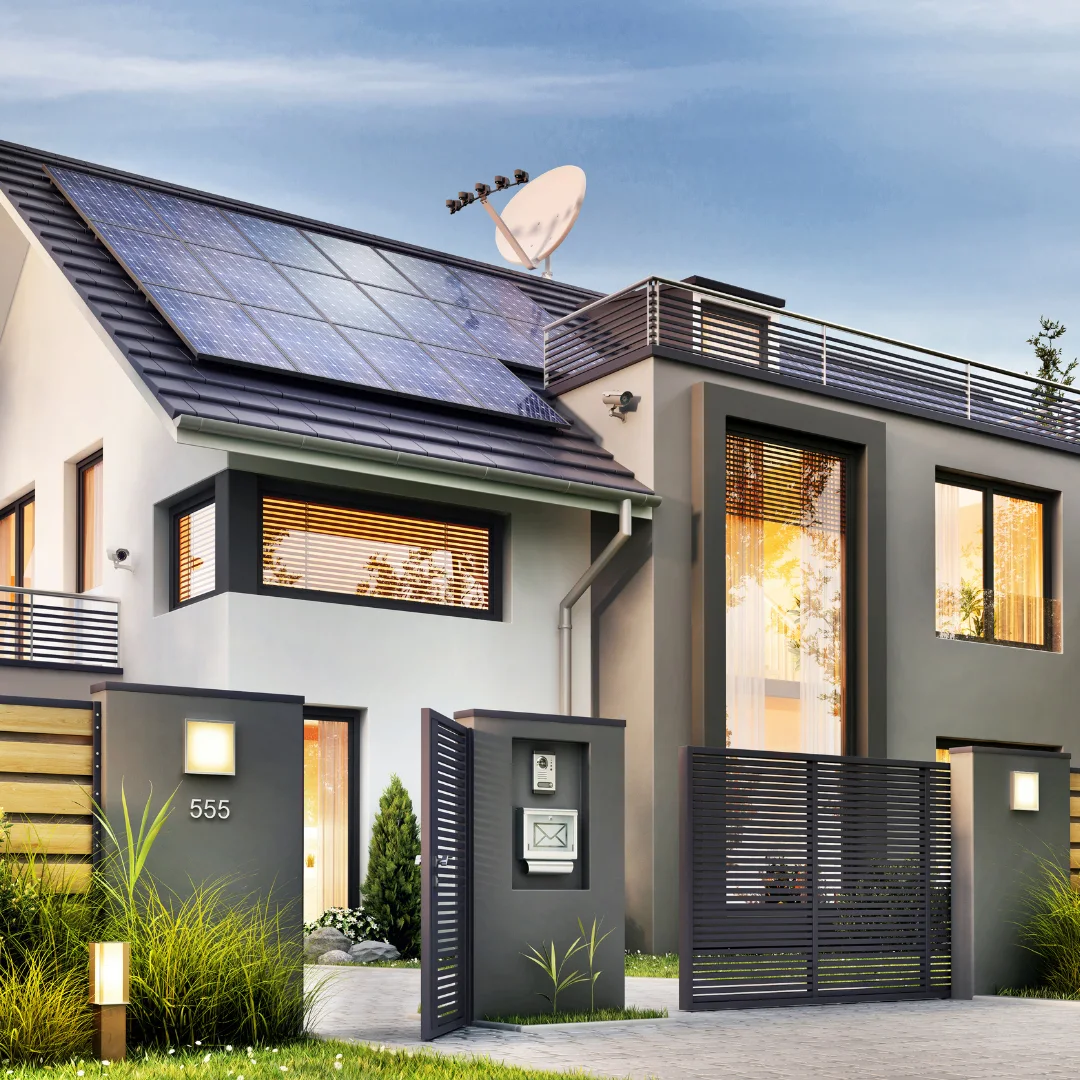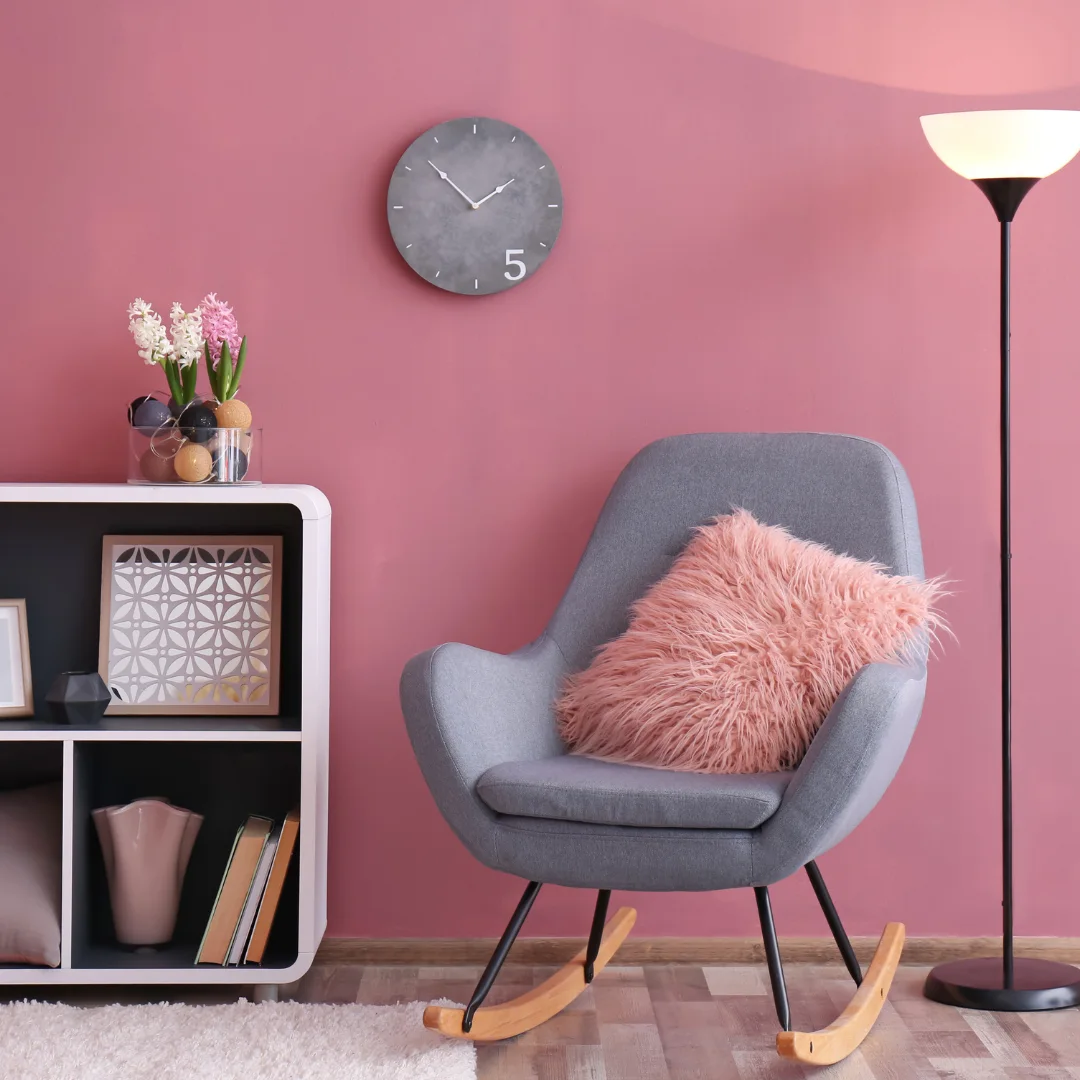Solar Panel Dimensions: Guide to Sizes, Measure & Requirements
- by Parul Yadav
- July 8, 2025
- 0
- 223
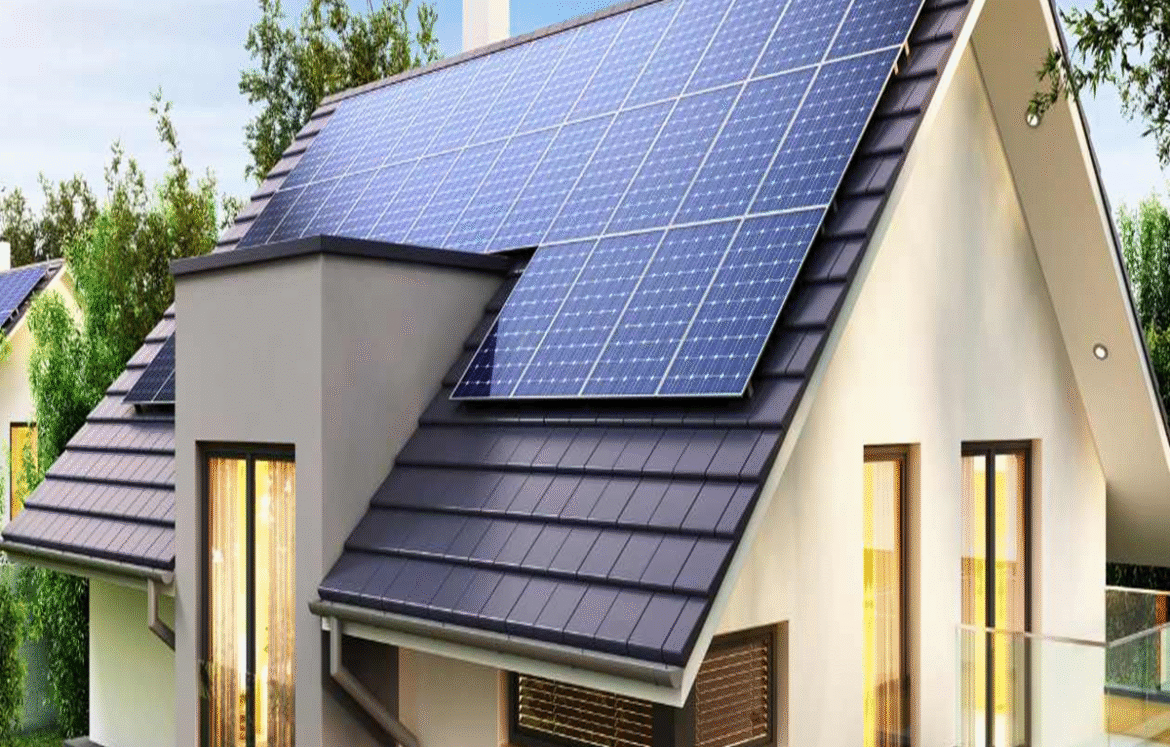
Solar panel dimensions are a key factor when planning a solar installation for your home in Delaware. From maximizing energy production to ensuring your panels fit efficiently on your rooftop, understanding panel size is essential.
Delaware homeowners are increasingly investing in solar. According to the Solar Energy Industries Association (SEIA), Delaware ranks among the top U.S. states in solar adoption per capita. With state and federal tax incentives still active, understanding the solar panel sizes available can help you make informed decisions.
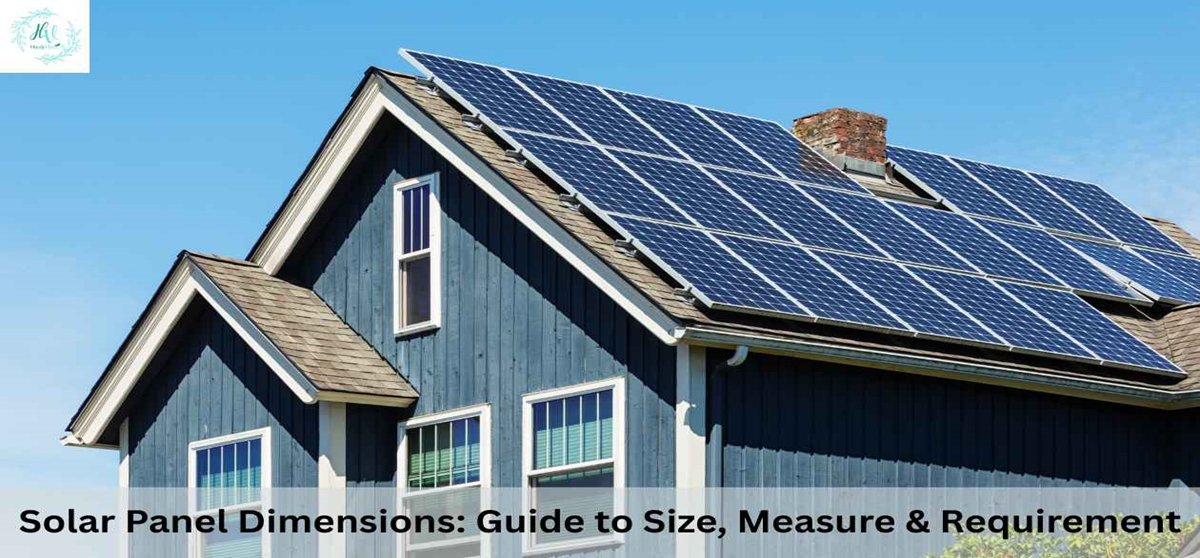
Standard Solar Panel Sizes Explained
Most residential solar panels come in a standard size of approximately 65 inches by 39 inches, or about 5.4 feet by 3.25 feet, with a thickness of 1.5 to 2 inches.
- 60-cell panels (residential): ~39 x 65 inches
- 72-cell panels (commercial): ~39 x 77 inches
The standard solar PV panel size helps determine how many panels your roof can accommodate and how much energy you can generate.
Types of Solar Panels and Solar Panel Dimensions
The solar module size can vary depending on the panel type:
- Monocrystalline panels: Efficient and often slightly smaller
- Polycrystalline panels: Usually less efficient, slightly larger
- Thin-film panels: Flexible and lightweight, great for irregular surfaces but less energy-dense
Solar photovoltaic panel sizes differ not just in dimensions, but in output as well. Most residential panels range from 300W to 420W.
What Size Are Solar PV Panels in Practice?
Here are real-world sizes from top manufacturers commonly available in the U.S. market:
Brand | Wattage | Dimensions (inches | Efficiency |
REC Alpha Pure | 405W | 67.8 x 40 | 21.7% |
Q Cells | 400W | 65.4 x 39.4 | 20.6% |
JinkoSolar | 370W | 66.93 x 39.41 | 20.38% |
These figures help homeowners assess what size solar PV panels they may need.
How to Figure Solar System Size for Your Energy Needs
Understanding how to calculate solar energy requirements starts with your monthly electric bill. Here’s a quick formula:
Your monthly usage (kWh) ÷ Average daily sun hours in Delaware (4.5) ÷ Panel output (W) = Number of panels
Example:
If you use 900 kWh/month:
900 ÷ 30 ÷ 4.5 ÷ 0.4 (400W panel) = ~17 panels
What Size Solar System Do You Need in Delaware?
The average Delaware home uses about 867 kWh/month (U.S. Energy Information Administration). Based on this:
- 5kW system: Good for small households
- 7.5kW system: Ideal for average-sized homes
- 10kW+ system: Best for large homes or high energy usage
Weather, shading, and panel orientation also affect how much energy you’ll generate. Talk to a local installer to get precise numbers on what size solar system do I need.
Roof Space and Layout Planning for Delaware Homes
Delaware roofs come in many shapes and slopes. You’ll need about 100 square feet per 1kW of solar. So, a 6kW system requires ~600 sq. ft. of usable space.
Tips:
- Prioritize south-facing areas
- Minimize shading from trees or chimneys
- Use a site assessment to determine available space
Using solar panel size dimensions, installers can digitally map the layout before installation.
Solar Panel Size FAQs
Q1: What’s the most common residential solar panel size in Delaware?
A: In Delaware, the most common residential solar panel size is approximately 65 x 39 inches, producing 350–400 watts, suitable for typical rooftops and efficient energy production year-round.
Q2: Can I install larger commercial panels on my home?
A: Yes, homeowners can install larger commercial solar panels, but these require stronger structural support, more roof space, and may not be as compatible with standard residential mounting systems.
Q3: How many panels do I need for a 5kW system?
A: For a 5kW solar system using 400-watt panels, you typically need 12 to 13 panels, depending on panel efficiency, sunlight exposure, and installation layout on your roof.
Q4: Are smaller panels less efficient?
A: Not always. Smaller solar panels can be just as efficient as larger ones; efficiency is determined more by panel technology and materials than by physical size alone.
Q5: Do solar panel dimensions affect efficiency?
A: Solar panel dimensions do not directly affect efficiency. Performance is primarily influenced by cell type, manufacturer quality, and technology rather than the panel’s physical size or shape.
Conclusion: Choosing the Right Solar Dimensions for Your Home
When planning your solar upgrade in Delaware, understanding solar panel dimensions can save time, money, and future headaches. Take into account your home’s energy usage, available roof space, and local sunlight availability.
By knowing your typical solar panel size options and using sizing formulas, you’ll be better equipped to make a smart, cost-effective choice.






